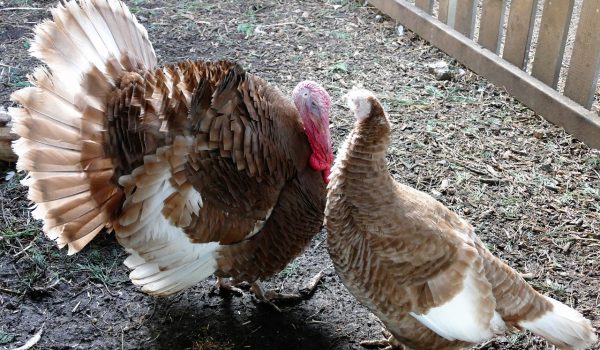
Turkeys are sold sliced and ground, as well as “whole” in a manner similar to chicken with the head, feet, and feathers removed. Ground turkey is sold and frequently marketed as a healthy alternative to ground beef. Without careful preparation, cooked turkey is usually considered to end up less moist than other poultry meats such as chicken or duck.
When raw, turkey breast meat is 74% water, 25% protein, 1% fat, and contains no carbohydrates. A 100-gram, turkey breast supplies 465 kilojoules (111 kilocalories) of food energy, and contains high amounts (20% or more of the Daily Value, DV) of protein, niacin, vitamin B6, and phosphorus, with moderate content (10–19% DV) of pantothenic acid and zinc.
A 100-gram amount of turkey breast contains 279 mg of tryptophan, a low content compared to other amino acids in turkey breast meat. There is no scientific evidence that this amount of tryptophan from turkey causes post-meal drowsiness.
